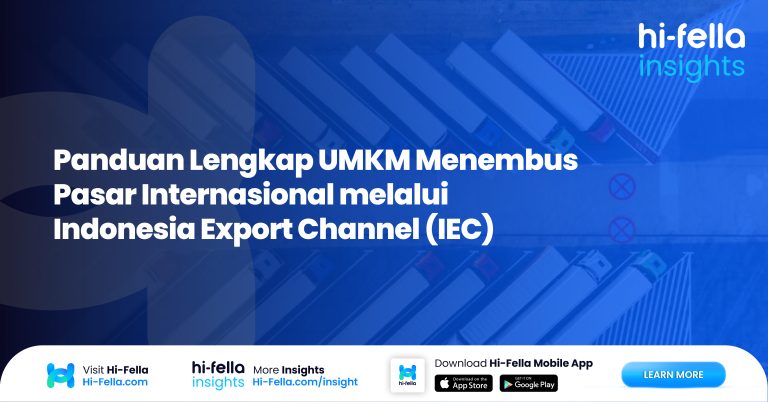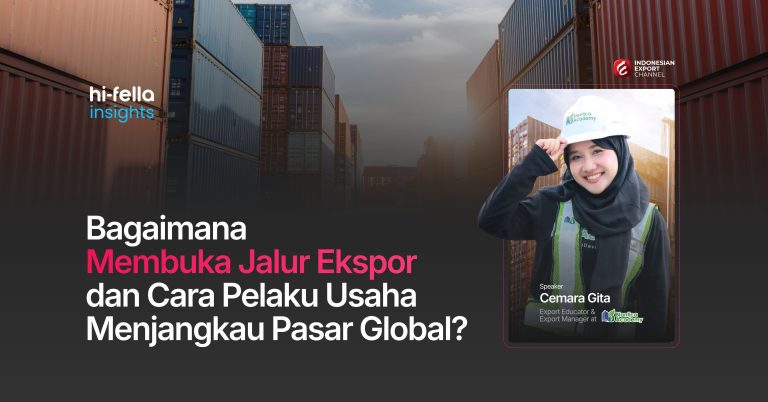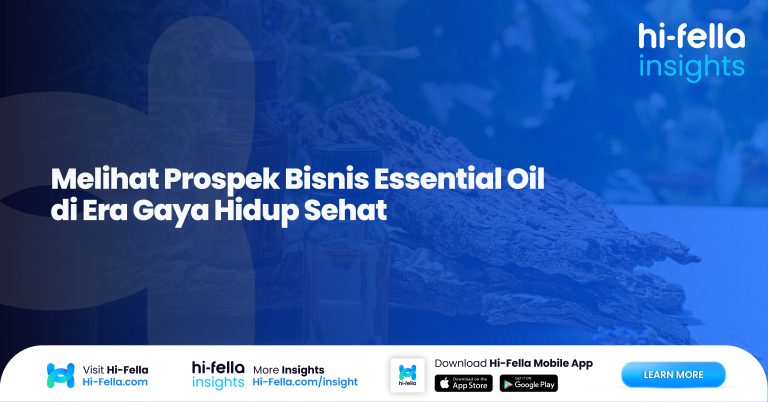Cara membawa tas branded dari luar negeri ke dalam negeri mungkin cukup “tricky” namun memiliki peluang yang besar untuk mendapatkan barang branded dengan harga yang lebih terjangkau.
Seperti yang kita ketahui, membawa kembali tas tersebut ke Indonesia memerlukan perhatian khusus terhadap peraturan dan pembatasan impor.
Oleh karena itu, pada artikel ini kami akan membahas bagaimana cara membawa tas branded dari luar negeri ke dalam negeri dengan aman dan legal. Yuk, simak selengkapnya!
Mengerti Peraturan dan Pembatasan Impor
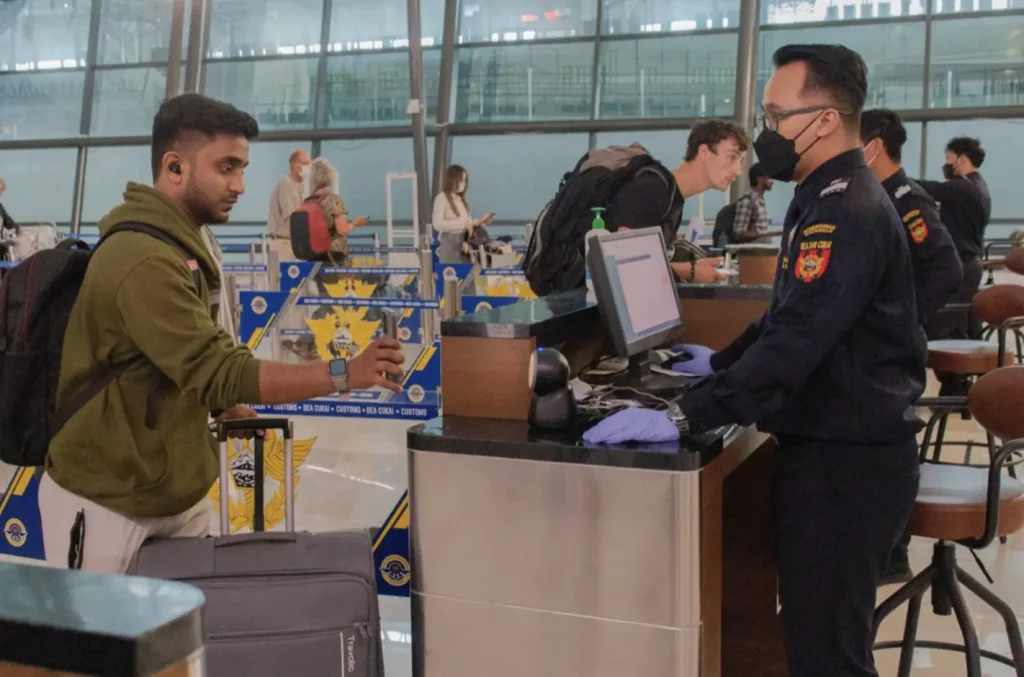
Sumber: BusinessReview
Sebelum memutuskan untuk membeli tas branded di luar negeri, sangat penting untuk memahami peraturan impor yang berlaku di Indonesia. Setiap barang yang masuk ke wilayah Indonesia harus memenuhi ketentuan yang ditetapkan oleh Bea Cukai.
Pastikan tas yang dibeli tidak termasuk dalam kategori barang yang dilarang atau dibatasi. Untuk informasi lebih lanjut, kunjungi situs resmi Direktorat Jenderal Bea dan Cukai.
Pajak dan Bea Masuk
Setiap kali kamu membawa tas branded dari luar negeri ke Indonesia, penting juga untuk memahami bahwa tas tersebut mungkin dikenakan pajak dan bea masuk.
Besaran pajak yang dikenakan bergantung pada nilai dari tas tersebut serta kebijakan yang berlaku pada saat kamu memasuki negeri ini.
Untuk memastikan kamu tidak mengalami masalah di bandara dan dapat mengatur anggaran kamu dengan lebih baik, ada baiknya kamu melakukan pengecekan terhadap kisaran biaya yang mungkin harus dibayar.
Memanfaatkan kalkulator bea masuk online adalah salah satu cara efektif untuk mengestimasi biaya yang diperlukan. Kalkulator ini bisa membantu kamu memahami secara lebih jelas tentang berapa banyak dana yang harus disiapkan untuk membawa tas branded kamu masuk ke Indonesia secara legal dan aman.
Dengan mengetahui dan mempersiapkan biaya yang terkait dengan cara membawa tas branded dari luar negeri, kamu dapat menghindari berbagai masalah yang akan terjadi di bandara.
Tips dan Trik Cara Membawa Tas Branded dari Luar Negeri
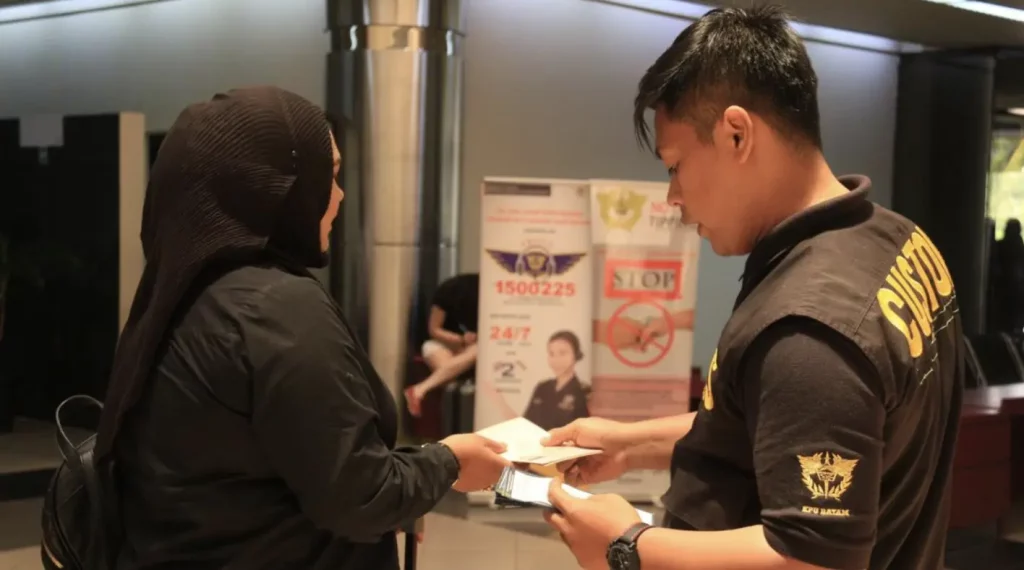
Sumber: Liputan6
Berikut adalah beberapa tips yang bisa kamu terapkan terkait cara membawa tas branded dari luar negeri, yaitu sebagai berikut:
1. Riset Harga dan Tempat Pembelian
Sebelum berangkat, cara membawa tas branded dari luar negeri yang wajib kamu lakukan yaitu dengan melakukan riset terlebih dahulu terhadap harga tas di berbagai negara dan bandingkan dengan harga lokal.
Biasanya, tas branded bisa lebih murah di negara asalnya atau di tempat-tempat tertentu yang menawarkan diskon khusus.
Selain itu, kamu juga bisa mencari informasi tentang toko resmi atau distributor terpercaya di negara tujuan kamu untuk menghindari pembelian produk palsu.
2. Perhatikan Kebijakan Bea Cukai
Setiap negara memiliki aturan yang berbeda terkait impor barang pribadi. Cek batasan nilai barang yang bebas dari bea masuk agar kamu tidak terjebak harus membayar pajak yang tinggi saat kembali ke Indonesia.
Jika nilai tas melebihi batas bebas pajak, siapkan untuk membayar pajak dan bea masuk sesuai dengan regulasi yang berlaku.
3. Simpan Bukti Pembelian
Cara membawa tas branded dari luar negeri selanjutnya yaitu simpan semua dokumen pembelian seperti nota, bukti pembayaran, dan kartu garansi. Dokumen ini sangat penting tidak hanya untuk keperluan bea cukai tapi juga jika kamu memerlukan klaim garansi di masa depan.
4. Packing yang Tepat
Pastikan tas dikemas dengan baik saat akan dibawa pulang. Gunakan pelindung seperti bubble wrap atau selimut tebal untuk melindungi tas dari benturan atau goresan selama perjalanan. Jika memungkinkan, bawa tas sebagai bagasi kabin untuk mengurangi risiko kerusakan atau kehilangan.
5. Deklarasi Barang dengan Jujur
Saat tiba di bandara, deklarasikan dengan jujur semua barang yang kamu bawa, termasuk tas branded. Menyembunyikan informasi atau tidak jujur tentang nilai barang bisa menyebabkan masalah hukum dan denda.
6. Asuransi Perjalanan
Cara membawa tas branded dari luar negeri selanjutnya adalah pertimbangkan juga untuk membeli asuransi perjalanan yang mencakup perlindungan terhadap barang bawaan.
Asuransi ini bisa sangat berguna untuk melindungi tas branded tersebut dari risiko kehilangan atau kerusakan selama di perjalanan.
7. Jangan Lupa Adaptasi Kebudayaan
Saat berbelanja di luar negeri, menghormati dan memahami kebiasaan serta etika setempat dapat membantumu mendapatkan layanan yang lebih baik dan mungkin juga kamu bisa mendapatkan akses ke penawaran khusus yang tidak tersedia untuk turis biasa.
Kesimpulan
Membawa tas branded dari luar negeri ke dalam negeri bukan hanya tentang gaya, tapi juga tentang kepatuhan pada aturan yang berlaku.
Dengan memahami dan mengikuti peraturan serta pembatasan impor, kamu bisa menikmati tas barumu tanpa mengalami masalah hukum.
Ingin mendapatkan lebih banyak informasi tentang cara memperoleh barang-barang terbaik dari luar negeri? Temukan barang-barang terbaik dari luar negeri di Hi-Fella!





